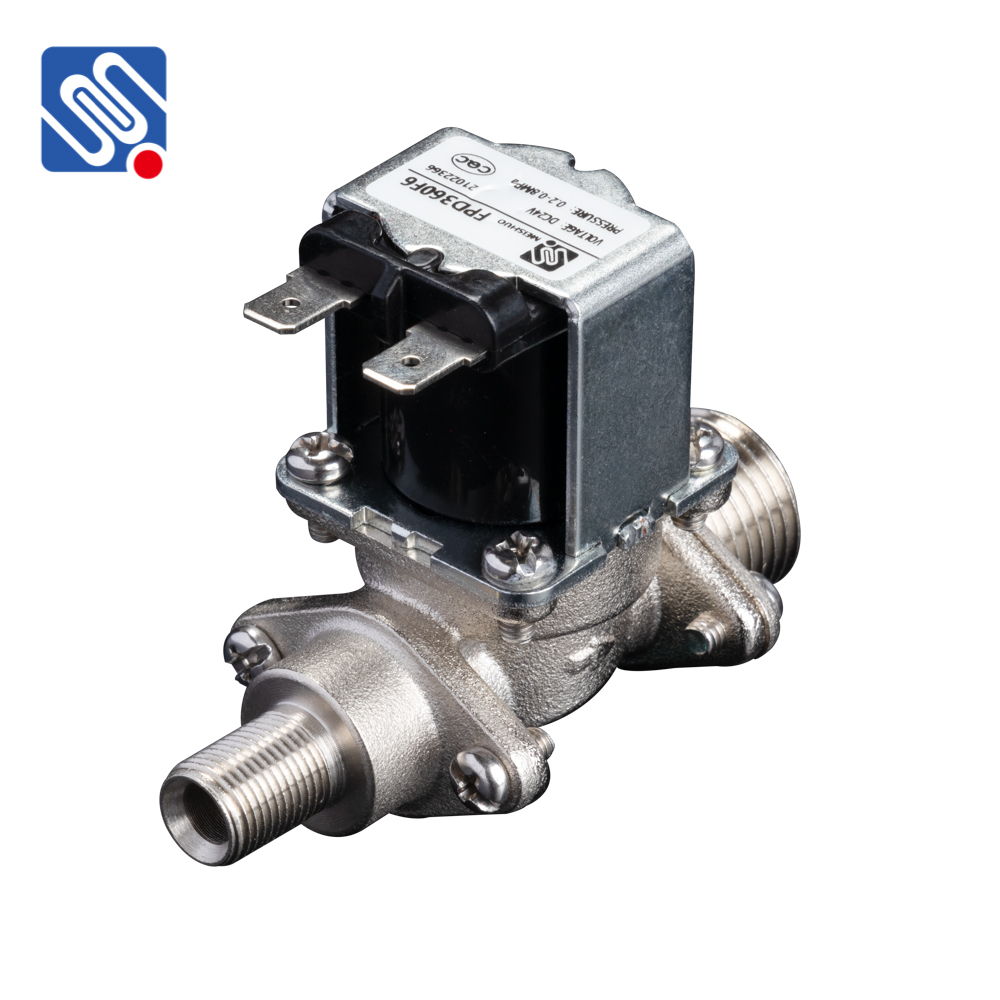understanding the role and applications of flow control solenoid valves
Release time:2025-11-18 20:58:33
Flow control solenoid valves are essential components used in various industrial applications to regulate and control the flow of liquids, gases, or air. These valves use the principles of electromagnetism to regulate the flow within a system. As automation becomes more prevalent in industries ranging from automotive to HVAC, flow control solenoid valves have found their place in improving efficiency, accuracy, and reliability in fluid management. This article delves into the working principles, types, advantages, and applications of flow control solenoid valves.

What is a Flow Control Solenoid Valve?
A flow control solenoid valve is an electromechanical device that controls the flow rate of fluids in a system by using an electromagnetic field to move a valve mechanism. The valve is typically powered by an electrical current that passes through a coil, generating a magnetic field. This magnetic field moves the valve’s plunger or piston, either opening or closing the flow path, thereby controlling the flow rate of the fluid. The flow rate can be adjusted in a continuous or step-wise manner depending on the design of the valve.
These valves are vital for maintaining precise control over the flow of fluids in many automated systems. They are particularly useful in systems where consistent flow rates are required, such as in hydraulic circuits, pneumatic systems, or even in systems managing gases and other pressurized fluids.


